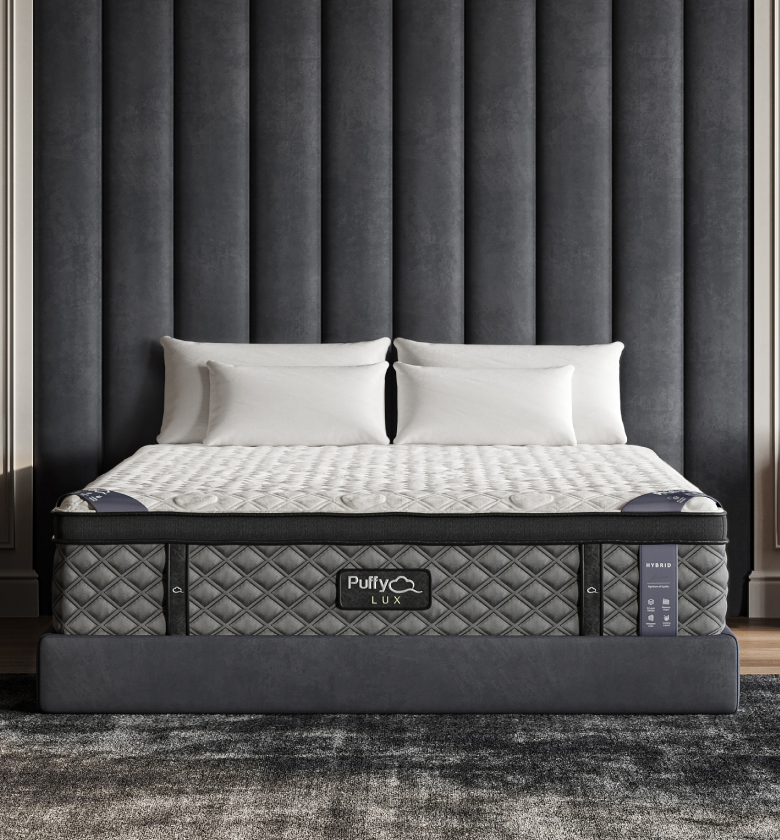Key Takeaways
- Cats lick pillows due to scent attraction, dietary needs, or stress.
- Ensuring your cat’s diet and environment meet their needs can reduce this behavior.
- Cleaning your pillow regularly can help maintain hygiene while managing your cat’s habits.
Cats are fascinating creatures, often displaying behaviors that leave us puzzled. One common question among cat owners is: “Why does my cat lick my pillow?”
This quirky habit may seem odd, but it has logical explanations tied to your cat’s instincts and needs.
Why Is My Cat Licking My Pillow?
Understanding your cat’s behavior is the first step in addressing it. Here are some reasons your cat may find your pillow irresistible:
Scent Attraction
- Human Scent: Your pillow carries your unique scent, which is comforting to your cat.
- Salty Residue: Sweat and natural oils absorbed by the pillowcase provide an appealing salty taste for your feline.
Dietary Needs
- Nutritional Deficiency: Cats may lick non-food items like pillows if their diet lacks essential nutrients.
- Pica Behavior: This condition drives cats to lick or chew non-edible objects.
Stress and Anxiety
- Self-Soothing Mechanism: Licking can be a calming activity for stressed or anxious cats.
- Attention-Seeking: Your cat might be licking your pillow to get your attention or communicate a need.
Just like a Puffy Lux Mattress can create a calm and restful environment for humans, a cozy and stress-free home setup helps reduce stress-driven behaviors in pets.
How to Manage Your Cat’s Pillow-Licking Habit
While this behavior is generally harmless, it’s essential to address the underlying cause to ensure your cat’s well-being.
Check Your Cat’s Diet
- Provide a balanced, nutrient-rich diet tailored to your cat’s age and health needs.
- Consult your vet to ensure your cat isn’t deficient in key vitamins or minerals.
Offer Alternative Textures
- Introduce toys or blankets with similar textures to your pillow.
- Use cat-safe licking mats or puzzle feeders to divert their attention.
Maintain a Stress-Free Environment
- Create a secure and predictable routine for your cat.
- Use calming sprays or diffusers to reduce anxiety.
High-quality bedding, such as a Puffy Cloud Mattress, can help create a restful environment for everyone, including your furry friends.
Why Does My Cat Love Pillows?
Pillows offer more than just comfort for humans—they’re a sensory delight for cats.
Warmth and Softness
Cats are naturally drawn to soft, warm surfaces. Pillows provide the perfect spot for a cozy nap.
Security and Familiarity
The pillow carries your scent, making it a safe and comforting place for your cat to relax.
Is Pillow-Licking Safe for Your Cat?
Licking itself isn’t harmful, but it can pose risks if:
- The pillow contains harmful residues from detergents or perfumes.
- Loose threads are ingested, potentially causing digestive issues.
Preventive Measures
- Wash pillowcases regularly with pet-safe detergents.
- Keep your pillows out of reach when not in use.
How to Redirect Your Cat’s Attention
If your cat’s pillow-licking becomes excessive, here are some strategies:
Provide Enrichment
- Rotate toys to keep them interesting.
- Offer scratching posts or climbing structures to engage your cat.
Reinforce Positive Behavior
- Reward your cat when they choose appropriate items to lick or chew.
- Avoid punishing your cat, as it can increase stress and worsen the behavior.
Cleaning Your Pillow After Cat Licking
Maintaining pillow hygiene is crucial, especially if your cat frequently licks it.
Washing Tips
- Use a gentle, pet-safe detergent to clean pillowcases.
- Wash pillows according to their material-specific care instructions.
Deodorizing Techniques
- Sprinkle baking soda over the pillow and let it sit before vacuuming.
- Use white vinegar in the wash cycle to neutralize odors.
Understanding Cat Behavior Through Pillow-Licking
Licking is a natural behavior for cats, often linked to grooming and sensory exploration. Observing when and how your cat licks your pillow can provide insights into their emotional and physical health.
When to Consult a Vet
- The behavior is new or accompanied by other changes, such as lethargy or weight loss.
- Your cat exhibits compulsive licking of multiple objects.
Creating a Cat-Friendly Sleeping Space
Consider providing your cat with their own cozy bedding to reduce the appeal of your pillow.
Features of an Ideal Cat Bed
- Soft and washable materials
- A design that mimics your pillow’s texture
- A location near your sleeping area to maintain closeness
Why Does My Cat Lick Other Objects?
If your cat licks items beyond your pillow, the reasons may include:
- Exploration: Cats use their tongues to explore their environment.
- Hunger or Thirst: Ensure your cat has constant access to fresh water and a balanced diet.
- Scent Bonding: Licking objects with your scent helps your cat feel connected to you.
Conclusion
Cats licking pillows may seem peculiar, but it often stems from their instincts or unmet needs.
By addressing the underlying causes and redirecting their behavior, you can foster a healthier and more enjoyable relationship with your furry companion.

- 8 layers of cloudlike luxury.
- Medium-plush feel.
- Gel-infused cooling.
- 101-night sleep trial.












